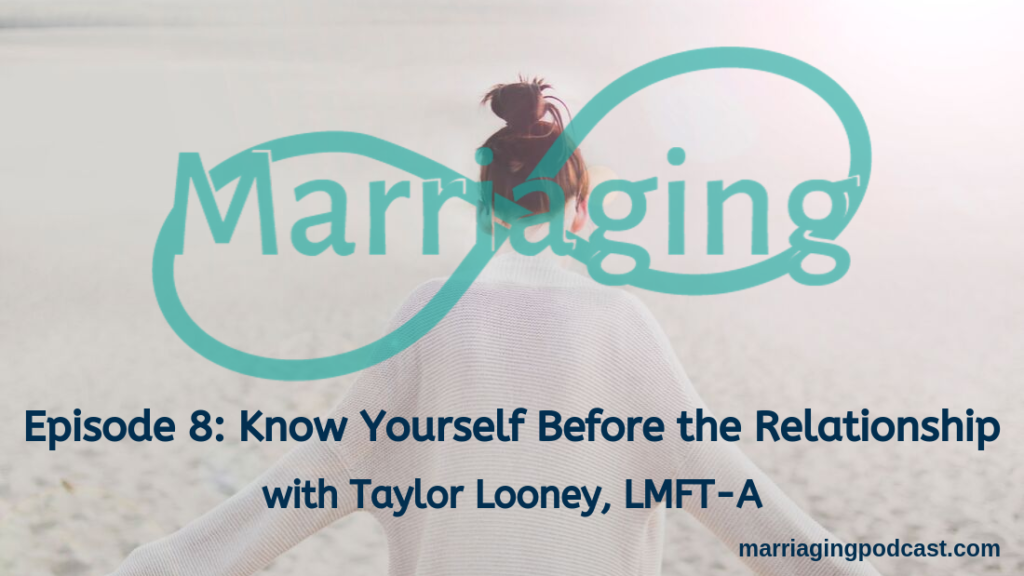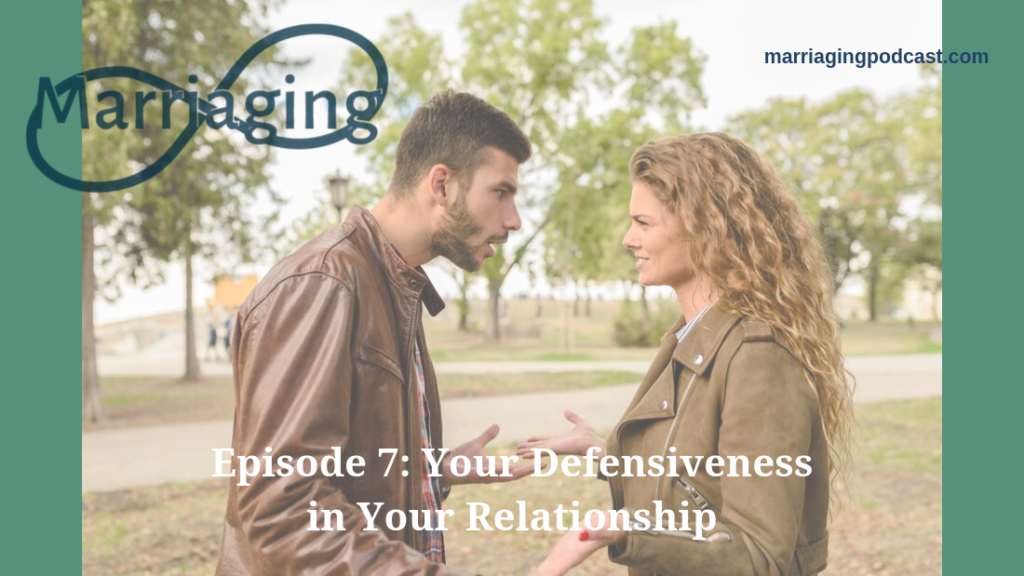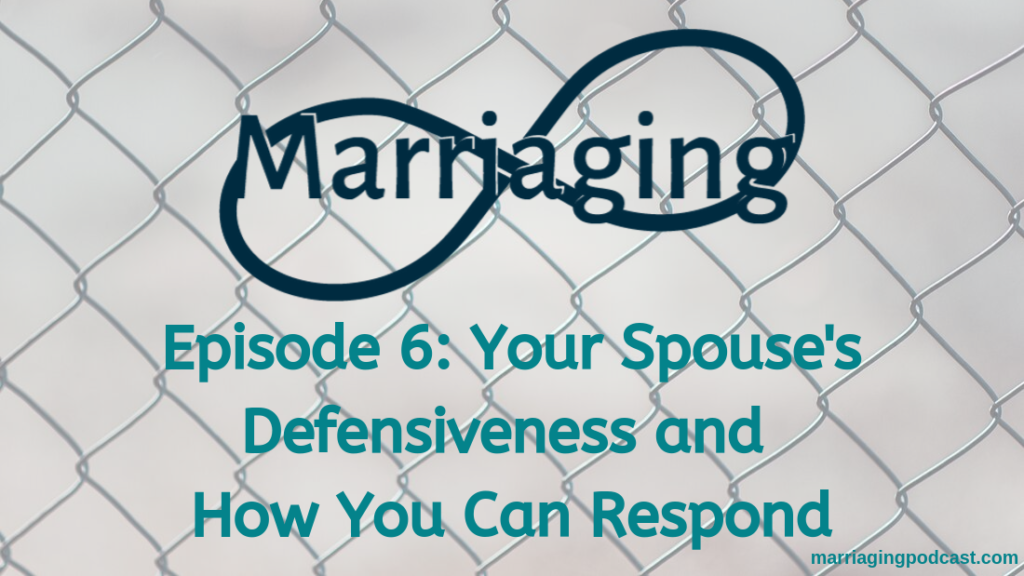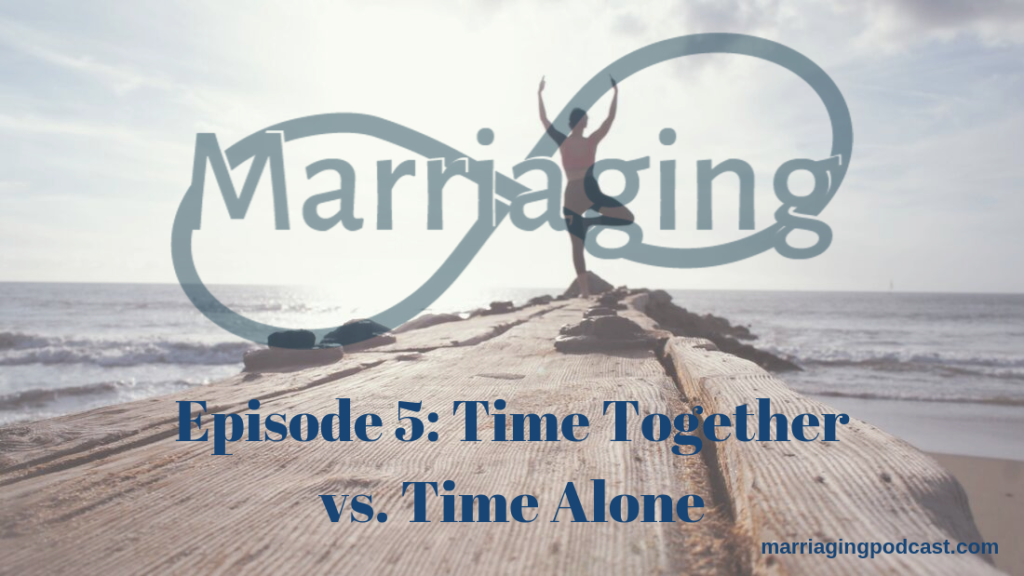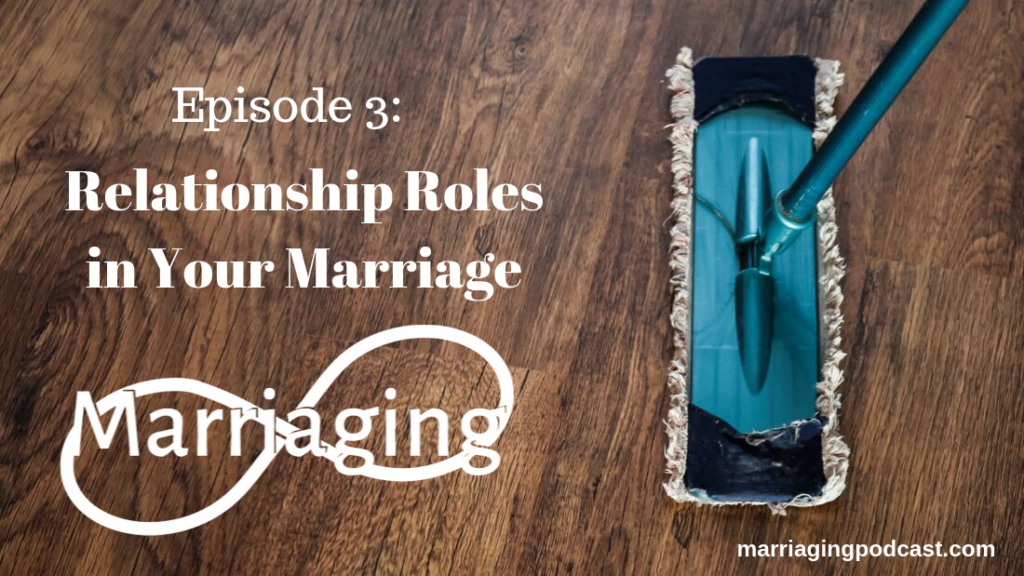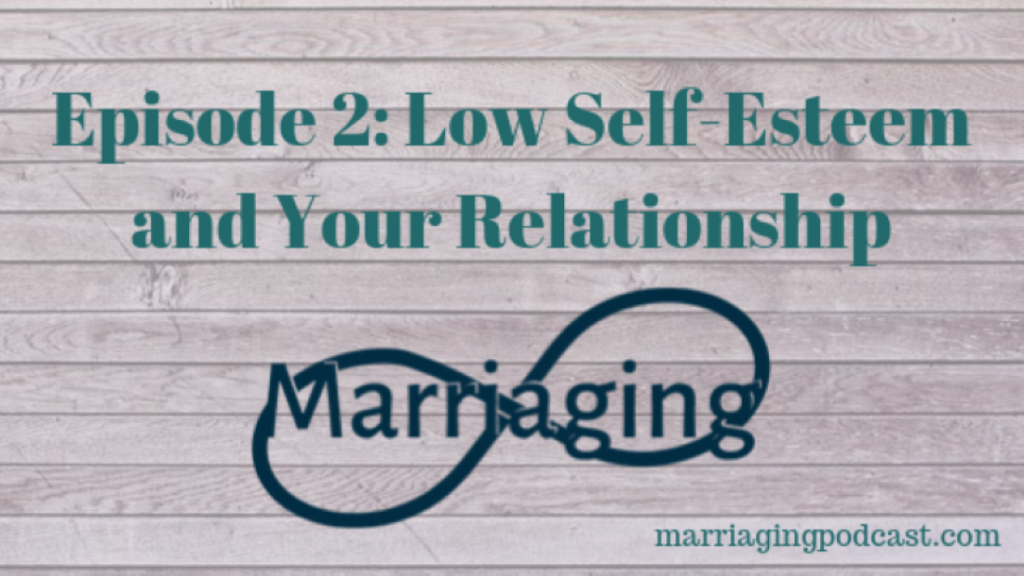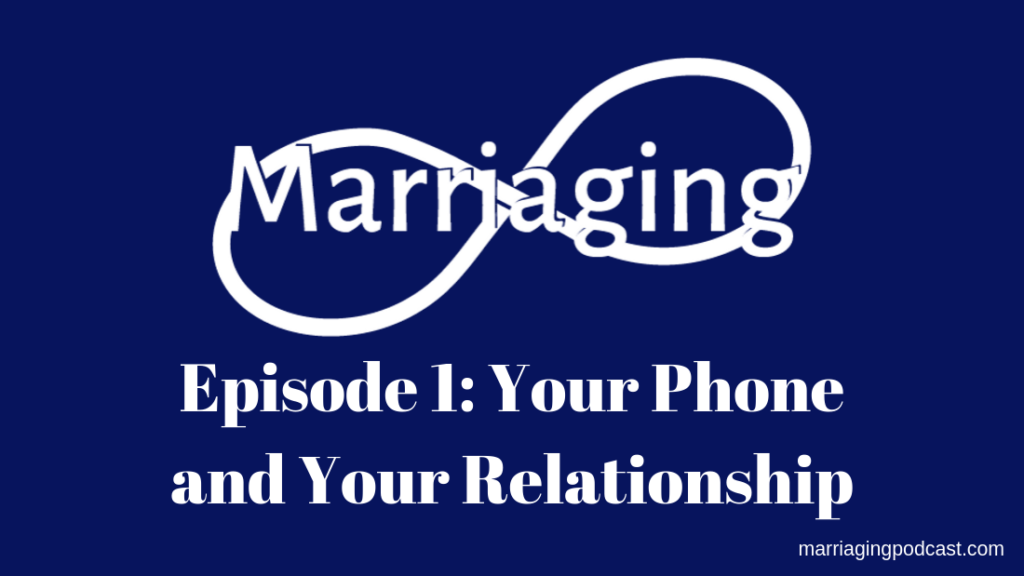Know Yourself Before the Relationship, with Taylor Looney, LMFT-A
Taylor Looney, LMFT-A shares about her work with young adults. This episode is especially helpful for college-aged students and young adults who are single or early in their relationships.
Overview:
Taylor shares about how her work experience has given her insight into the importance of young adults knowing themselves well before getting serious in a relationship or moving toward marriage.
Main Points of this Episode:
-
It’s important to look out for red flags and warning signs early in a relationship.
-
Relationships can be strengthened by learning communication tools at the beginning.
-
What are the big issues Taylor sees?
- “Ring by Spring”: Many college-age young adults begin rushing into a relationship without knowing themselves well first. Sometimes when you’re single, you might be looking to relationships to avoid loneliness.
- We have to be able to love ourselves and be willing to work on our own issues before we can really start sharing our lives with someone else.
- Your goals and hopes change, and you and your partner might experience conflict in this change over time.
- It’s easy for jealousy, anxieties, and frustrations to work their way into a relationship early on. If these issues aren’t addressed and worked through, anger and resentment can build.
-
What does it look like for you to get to know yourself and grow yourself, even while sharing your life in a relationship?
- First, examine yourself and how you feel in the relationship. Are there any jealousy issues or frustrations? If you are experiencing this, what do you do when you feel this way?
- Ask yourself what your partner might be doing to trigger feelings of jealousy or frustration. Remember, the person isn’t necessarily the problem. This is something that can be worked through in healthy situations.
-
Benefits of taking commitment slow and focusing on yourself:
- Gives you time to enjoy getting to know each other and be more confident in your choice to commit to each other.
- You’re able to grow independently before a relationship and take the time to know yourself and accept yourself before also putting energy into a relationship.
- Learn your boundaries and what you most value about relationships. You can know what you will and won’t accept.
-
What to think about before a relationship gets serious:
- What are your life goals and what do those goals mean to you? What is important to you? What is your 5 year plan?
- What are your standards? This could also be boundaries and what you will and won’t be okay with in a relationship.
- Explore what your attachment style might be. Do you have a tendency to be anxious and seek more closeness? Or you might tend to push people away and seek distance.
- Learn communication skills and tools for understanding each other’s attachment styles and ways of acting.
- Explore the 5 love languages and what you and your partner’s languages might be. This is about what makes you feel loved, and how you express love.
- Know that it’s ok to take time and get to know yourselves and each other before committing long-term.
- Remember that conflict does not necessarily mean break up.
- Are you being respected and supported? Every couple has arguments; that’s normal. But make sure the relationship is healthy for both sides.
- Trust your gut and don’t force what you don’t think will work.
Resources:
Taylor referenced the 5 Love Languages, based on a book by Dr. Gary Chapman. You can take the quiz to find out your love language, and learn more at his website: https://www.5lovelanguages.com/

